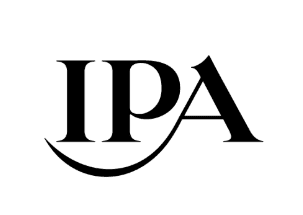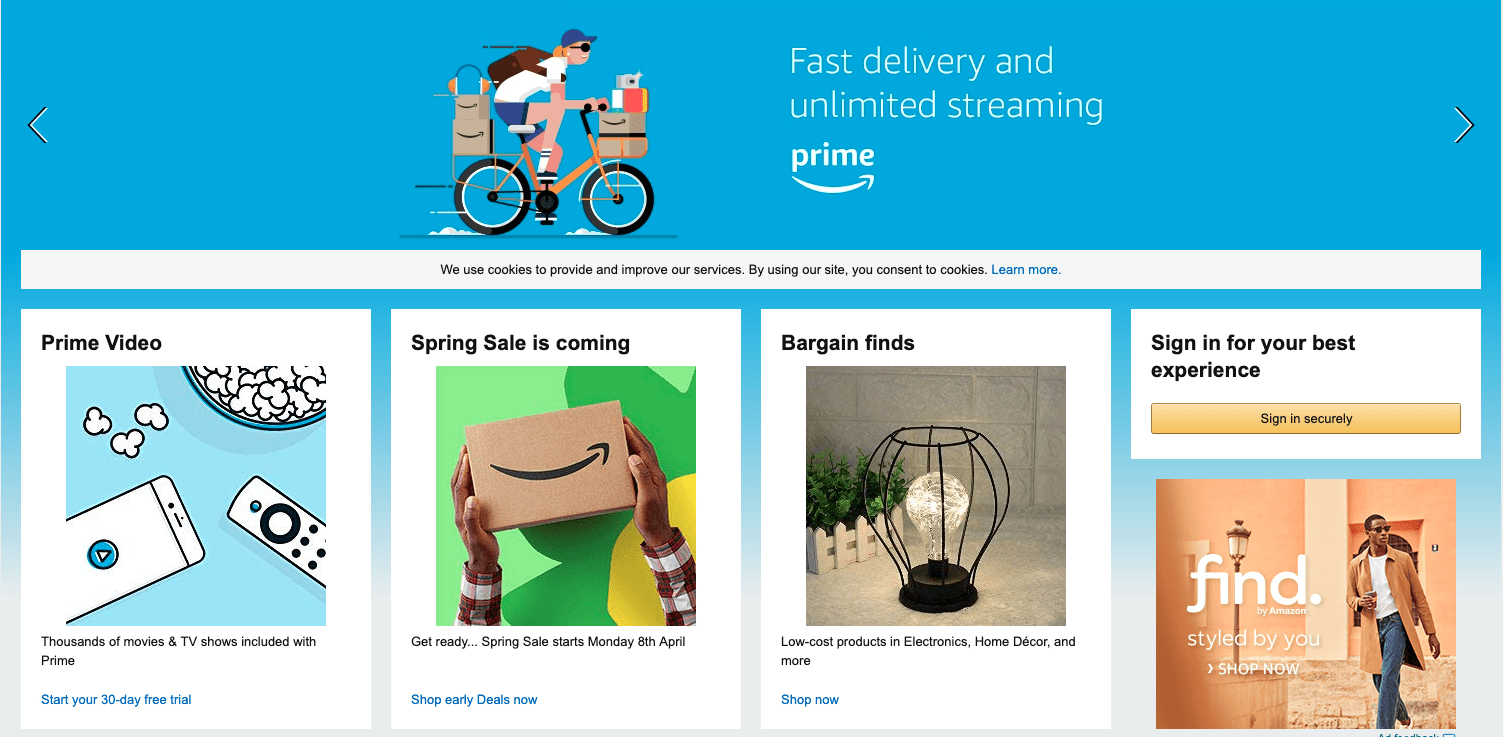UK government setting stricter social media rules for children, Twitter addressing abusive content, UK marketing budgets increased at the start of year, Ryanair offers ad space on boarding passes and Amazon fake reviews giving search boost
There has been some interesting news this week, including the fact that the UK government is suggesting banning the ‘like’ button on social media for children in a bid to stop companies collecting their data. This is part of 16 new standards it is currently consulting on.
Twitter is finally seeking to tackle abusive content head-on with changes to the platform meaning users have a bit more control.
The UK has seen a rise in marketing budgets, with greater spend being reported in the first quarter of the year. This follows on from stagnant spend in the final quarter of last year.
In an interesting move, Irish airline Ryanair is offering advertisers the chance to bid on space on its boarding passes, meaning travel partners can create targeted campaigns for travellers.
Finally, a report from Which? has found that fake reviews on Amazon are helping unknown brands hit the first page of search results and are improving their SEO results.
Read more about all of these stories below in our news roundup for the week.
UK government seeks to ban ‘like’ button for children
The UK government is threatening to ban the popular ‘like’ button for children on social media platforms in a bid to protect youngsters. Stepping up the pressure it is putting platforms under in a bid to improve child safety, the government has written 16 standards that online services have to meet.
Liking posts is a core mechanism for both Facebook and Instagram, along with other platforms like Snapchat. However, the Information Commissioner has highlighted issues with the ability to ‘like’ posts. It has suggested that it is being used to make children conform to platforms’ desired outcomes and for data purposes.
In a bid to tackle social platforms using children in this way and to improve child safety online, the 16-standard list is now being consulted on. It includes ‘high privacy’ settings for children’s profiles, which will be activated automatically when a person is under a certain age.
The list also suggests scrapping any techniques that are used to ‘nudge’ children to behave in a certain way, stay online for longer or hand over personal data without a valid reason.
Elizabeth Denham, Information Commissioner, said that the suggested standards follow on from a growing mistrust of social media platforms following a number of privacy scandals.
“This is the connected generation. The internet and all its wonders are hardwired into their everyday lives,” she said.
“We shouldn’t have to prevent our children from being able to use it, but we must demand that they are protected when they do. This code does that.”
The consultations will end on May 31st and the report from it is expected to be implemented in 2020.

Twitter now tackling abusive content head-on
Twitter has announced that it is changing the way that it deals with abuse in a bid to actively deal with perpetrators. While previously Twitter has taken a more passive stance when it comes to offensive content on its platform, this is set to change.
The platform will no longer rely on users reporting offensive tweets as it starts the process of pre-emptively deleting content on the platform that it sees as being abusive. Introducing new tools and algorithms means Twitter is now better able to intercept abusive tweets, with an estimated 38% being removed.
In addition to removing abusive tweets, the platform is also getting better at banning the perpetrators. Between January and March of this year, around 100,000 accounts that were created by individuals who had previously been suspended from the platform were removed. This is a 45% increase in comparison to the same period in 2018. The changes to Twitter have meant a 16% decline in abuse reports after an interaction with an account the complainant doesn’t follow.
The platform has also reported a 60% faster response time to appeals requests with its new in-app appeal process. This means that if content is removed that maybe shouldn’t have been, users are getting a faster resolution or answer as to why it was taken down.
Jack Dorsey, Chief Executive of the platform, is also getting ready to trial a tweet mute button. This will allow people to hide responses to their own tweets, empowering the original poster. While the tweet will still be accessible, users will have to click on it to reveal the content.
Other work being undertaken by Twitter includes updating the platform’s rules to make them shorter and easier to understand, along with a better reporting process that allows users to share more specifics. It will also be introducing context on tweets that should be banned but are in the public interest.
In a blog post, David Gasca, Senior Director Product, and Donald Hicks, Vice-President of Twitter service wrote about the changes: “This encompasses a number of policies, such as abusive behaviour, hateful conduct, encouraging self-harm and threats, including those that may be violent.
“The same technology we use to track spam, platform manipulation and other rule violations is helping us flag abusive tweets to our team for review, With our focus on reviewing this type of content, we’ve also expanded our teams in key areas and geographies so we can stay ahead and work quickly to keep people safe. Reports give us valuable context and a strong signal that we should review content, but we’ve needed to do more and though still early on, this work is showing promise.”

UK marketing budgets increase following declines in Q4 2018
Marketing budgets in the UK have been revised upwards in the first quarter of the year, following economic uncertainty at the end of 2018 causing them to stagnate.
According to the latest IPA Bellwether report, 8.7% of marketing executives have increased their marketing budgets. This is compared to 0% in the last quarter of 2018 and represents the largest increase seen since the third quarter of 2017. While 12.8% said that budgets had been cut, 21.6% have reported a growth in spending.
Internet marketing has seen the best performance once again, with net spend increasing by a huge 17.2%, which is a stark rise from the 2.1% rise at the end of last year. Search and SEO saw particularly good growth following -3.9% cuts in the final quarter of 2018, achieving a 14.2% increase in spend in Q1 of this year.
Big ad campaigns also saw an increase in spend, with 5.2% of marketers reporting growth in spend. This is a huge growth following the 6.2% decline in campaign spending in the final quarter of last year.
Despite these positives, spending on market research, sales promotions and direct marketing all declined. PR spend was also reported as being flat on the previous quarter.
Paul Bainsfair, IPA Director General, said: “This sharp increase following Q4 2018’s flatlining signals that UK marketing budgets have received a much-needed kiss of life in an economy gripped by Brexit uncertainty. The smart marketers realize that to grow their businesses, they must invest in them, particularly in mass reach, long-term media.
“While the forecast for the year ahead remains uncertain given the seemingly endless Brexit negotiations, those that want real competitive advantage should follow the proven rule that if you increase your share of voice above your share of market, you should expect to experience growth.”

Ryanair offers ad space on boarding passes
Ryanair is offering a new form of advertising for companies by allowing them to buy space on boarding passes for their ads. With 11.5 million customers taking Ryanair flights each month, this move offers a lot of opportunities for the company’s travel partners.
As well as offering space on boarding passes, the airline, which claims to be the largest in Europe, will allow companies to target passengers travelling to certain destinations. With more than 216 locations being serviced by Ryanair, this will allow companies to focus on the passengers they believe best suit their products or services.
In an email to announce the launch of the advertising initiative, Ryanair said: “We’re offering advertisers an opportunity to run highly targeted campaigns and bid on primary space on our passengers’ boarding passes. To help you get started, until the end of March 2019, add €50 to your ad account and Ryanair will match it!”
To make this form of advertising easier, advertisers will be able to set their own campaign parameters before uploading the ad. If their advertisement is approved, it will then be entered into the bidding process.
According to the airline, passengers are more receptive to advertising messages as they are in a “positive mood” while under Ryanair’s care. While this is hard to quantify, there is no denying that passengers are likely to see their boarding passes a lot during their travels, so any adverts could have an impact.

Fake reviews on Amazon giving brands “SEO boost”
Fake Amazon reviews are undermining Amazon’s integrity, according to a new report from Which? the consumer watchdog. According to an investigation, the e-commerce platform has been flooded with five-star reviews for unknown brands’ products, meaning that household names don’t appear in the top-rated reviews on popular items.
Which? found that thousands of reviews on Amazon are unverified, which means that there isn’t any evidence that shows the reviewer has actually bought the product. In these instances, sellers could have paid for the reviews or could be leaving them in a bid to boost their profile on the site, with many of the reviews being posted on the same day.
These reviews are providing brands with SEO benefits, as consumers are more likely to click through to products that are highly rated. One example is that researchers found that when searching for ‘headphones’ all of the highest-rated products were from ’unknown’ brands.
In addition to this, the investigated discovered that 71% of the pages on the first page of results had five-star reviews with the majority of these coming from unverified users.
Responding to the findings, Amazon said that it has invested “significant resources” to stop fake reviews, with automated technology being used to locate them. The retail giant said this is “because we know customers value the insights and experiences shared by fellow shoppers”.